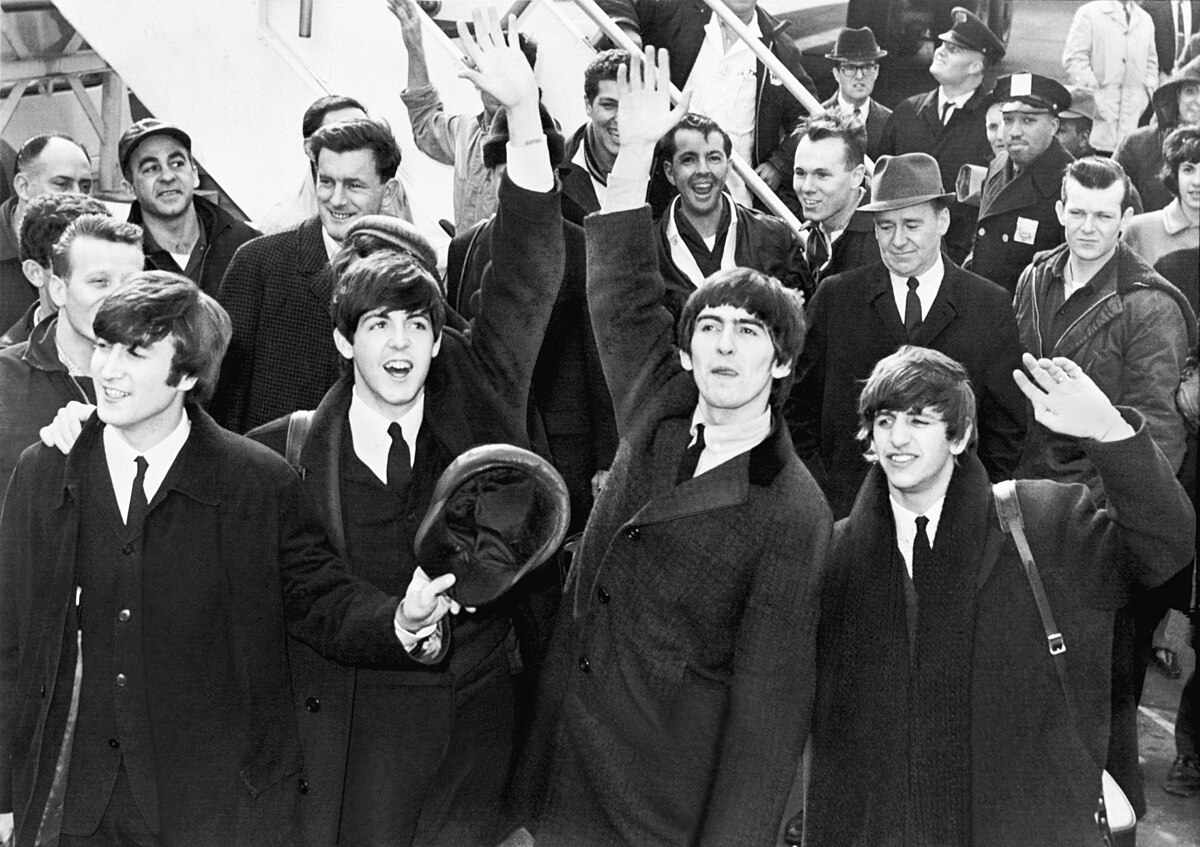Charles Cooley’s theory of the looking-glass self is a key concept of symbolic interactionism — a micro view of how society is the product of interactions between people, which occur via symbols that have distinct meaning. This theory explains how we as humans form concepts of ourselves based on how we think others perceive us. In the era of social media, we are constantly receiving feedback through likes, comments, interactions, and reactions from people online. Social media platforms like Instagram and TikTok create an environment where we feel free to share every aspect of our lives online, through this environment our sense of self — an individual’s nature and identity resulting from reflections on social interactions — is constantly being shaped and reshaped as we perceive reactions and judgements from our imaginary online audiences.
In his work Human Nature and the Social Order, Cooley introduces the idea of the “looking glass self” with the main argument being that “the self” is developed through others’ points of view of ourselves. We internalize those perceptions as we interact with others. According to Cooley, the process occurs through three main stages:
- Socialization. Where individuals learn societal norms and what is expected of them through their interactions with others.
- Expression of self. Where the individual presents themselves in a way that reflects how they want to be perceived by others.
- Assessment of other’s perceived reactions. Where the individual now interprets how others respond to their presentation and adjusts their identity accordingly to match such perceptions.
 Following these steps, a clear parallel can be drawn between the theory and the way that people interact in social media. Socialization, the process by which one learns the appropriate attitudes and behaviors within a culture, on social media starts when the user creates an account and starts following influencers, family, friends, celebrities, and other people they might look up to. This also involves the process of anticipatory socialization, the process of learning different behaviors or activities in an effort to aspire to group membership, as users model and carve their social media presence to mirror those of influencers or celebrities in an effort to gain likes, follows, and overall positive feedback from their post. By doing this. the user begins learning and understanding what is perceived as desirable on the platform. Then, the second stage, expression of self, comes into play as the user crafts and shares their posts, using filters, captions, and hashtags to present themselves in accordance with what they have learned attracts positive feedback. Finally, assessment of others’ perceived reactions happens when the user starts monitoring their likes, comments, and other interactions and adjusts their future posts or even their self-image to fit the standards set by this feedback. Social media puts an interesting lens on the creation of the self and how this construction affects our mental well-being, as one’s self-image becomes that of who we want to be not for ourselves but for our imaginary audience.
Following these steps, a clear parallel can be drawn between the theory and the way that people interact in social media. Socialization, the process by which one learns the appropriate attitudes and behaviors within a culture, on social media starts when the user creates an account and starts following influencers, family, friends, celebrities, and other people they might look up to. This also involves the process of anticipatory socialization, the process of learning different behaviors or activities in an effort to aspire to group membership, as users model and carve their social media presence to mirror those of influencers or celebrities in an effort to gain likes, follows, and overall positive feedback from their post. By doing this. the user begins learning and understanding what is perceived as desirable on the platform. Then, the second stage, expression of self, comes into play as the user crafts and shares their posts, using filters, captions, and hashtags to present themselves in accordance with what they have learned attracts positive feedback. Finally, assessment of others’ perceived reactions happens when the user starts monitoring their likes, comments, and other interactions and adjusts their future posts or even their self-image to fit the standards set by this feedback. Social media puts an interesting lens on the creation of the self and how this construction affects our mental well-being, as one’s self-image becomes that of who we want to be not for ourselves but for our imaginary audience.
Social media provides a context where we can see the looking glass self-concept in action, social media engagement has a profound impact on mental health and self-esteem. The behind-the-screen audience and how we believe they perceive us become a central force in the shaping of our identities as we crave their validation. This validation can become an addiction as we desire to post more as a means to get this validation through interactions that we perceive as positive.
A study conducted by Stop Stigma Sacramento reports that social media can promote unrealistic beauty standards and pressure on women to present as flawless and perfect. All of these pressures accumulate and may contribute to anxiety, depression, body dysmorphia, and other negative mental health problems. For instance, a woman in the article shared her experience on how constant exposure to edited and idealized images on social media platforms like Instagram made her feel insecure and unsatisfied with her appearance. This emotional distress eventually led to a decline in her self-esteem, perpetuating harmful gender roles, behaviors or traits that society attributes to a particular sex. This study is an accurate reflection of Cooley’s idea that individuals internalize perceived judgements, which have an effect on their self-image and emotional state.
Cooley’s looking glass self can be applied to how social media plays a role in our identity formation and self-esteem. The process of imagining how others perceive us, interpreting their judgement, and forming our responses directly mirrors social media engagement. All of the feedback we receive from social media — both positive and negative — becomes part of our individual concept of ourselves. Cooley’s theory remains relevant as an explanation for why social media validation has become such an essential component of our identities and a significant influence on mental health.
Pineda-Horta is a guest blogger at UITAC Publishing. UITAC’s mission is to provide high-quality, affordable, and socially responsible online course materials.
Images used:
- “Cyberbullied” by Courtesy graphic – US Department of Defense at Wikimedia Commons licensed under public domain. This image has not been altered.
- “Cartoon Computer With Access To Social Media Sites” by Free Clip Art at Wikimedia Commons is licensed under the Creative Commons Attribution-Share Alike 4.0 International. This image has not been altered.




